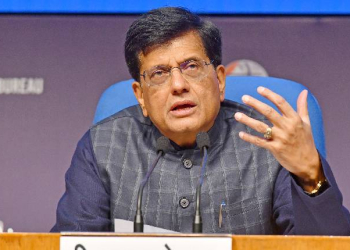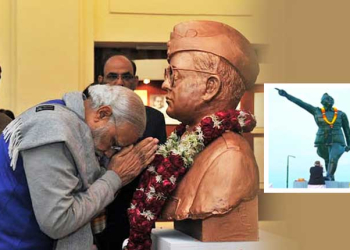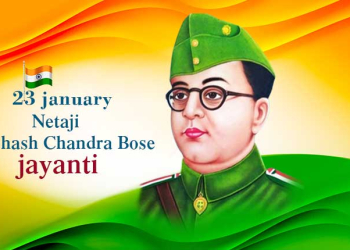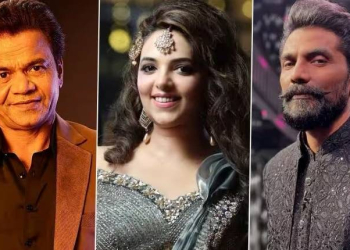New Delhi: The Delhi High Court on Thursday deferred the hearing of former Union Minister M.J. Akbar’s appeal against the acquittal of journalist Priya Ramani in the criminal defamation case which he filed against her.
The matter came up for hearing on arguments for leave to appeal, before the court of Justice Mukta Gupta. The Court was pleased to allow the application for leave to appeal. The matter will come up in due course.
M.J, Akbar was represented by Senior Advocates Rajeev Nayar and Geeta Luthra, briefed by a team from Karanjawala & Co., led by Sandeep Kapur, Senior Partner and comprising Vir Sandhu, Vivek Suri, Niharika Karanjawala and Apoorva Pandey, advocates. Priya Ramani was represented by Bhavook Chauhan, the advocate.
On February 17 last year, a Delhi court had acquitted Ramani in the case, with Additional Chief Metropolitan Magistrate Ravindra Kumar Pandey holding: “The woman has right to put her grievance at any platform of her choice and even after decades.”
The court had further said that the right of reputation cannot be protected at the cost of the right to dignity. “Women cannot be punished for raising voice against the sexual abuse on the pretext of complaint of defamation.”
In the wake of #MeToo movement in 2018, Ramani had made allegations of sexual harassment against Akbar. Pursuant to this, he filed the criminal defamation case against her and resigned as the Union Minister. The trial began in 2019 and went on for almost two years.
In 2017, Ramani wrote an article for the Vogue where she described her ordeal of being sexually harassed by a former boss during her job interview for his publication. One year later, she revealed that the person alluded to as a harasser in the article was Akbar.
Akbar told the court that Ramani’s allegations were fictitious and cost him his stellar reputation. Ramani, on the other hand, contested these claims, pleaded truth as her defence and said that she made allegations in good faith, public interest, and for the public good.
The judgement in the case was important as it sets a precedent for similar cases which arose from the discourse-changing #MeToo movement.
(IANS)




















